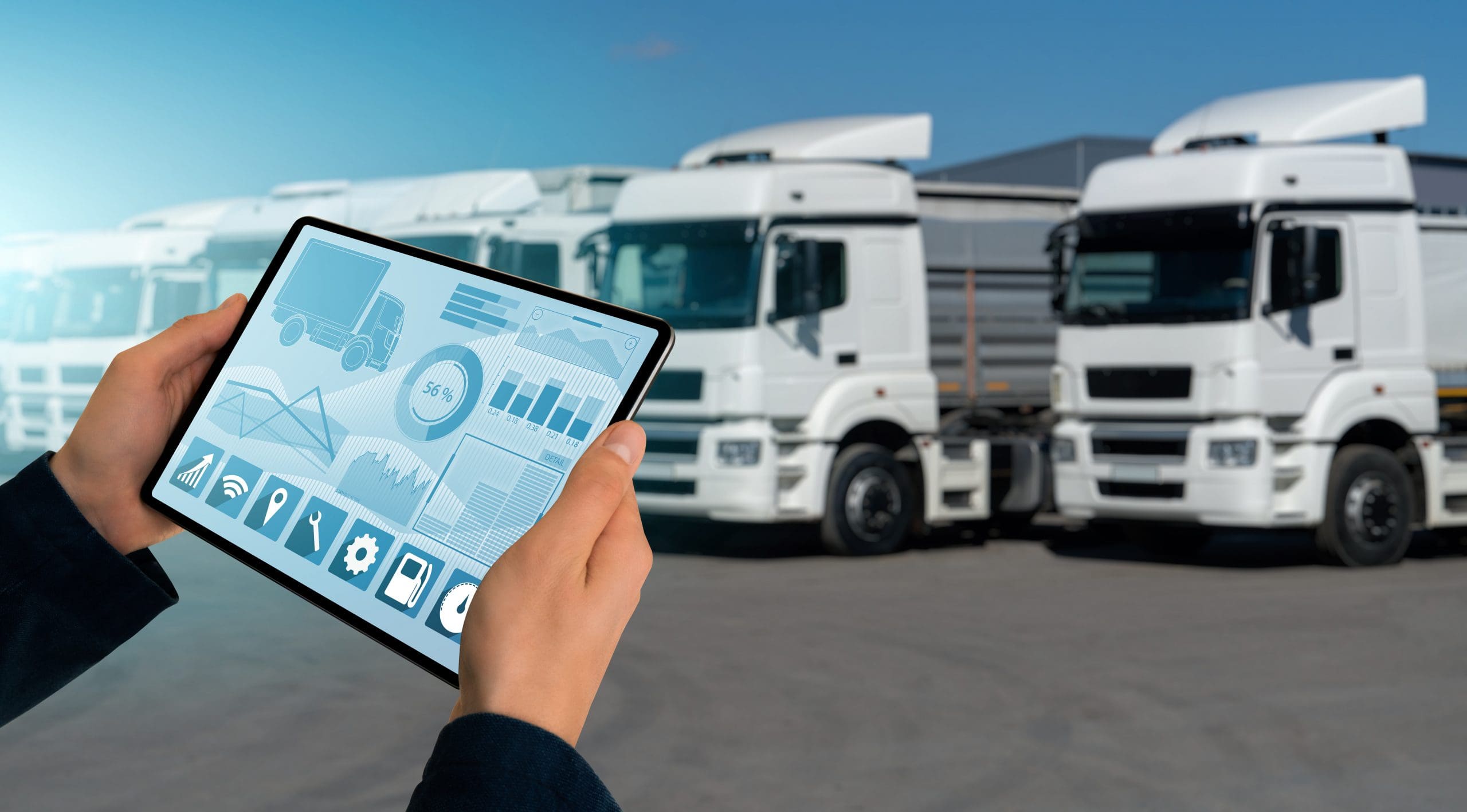Fleet management has evolved beyond basic vehicle tracking and fuel monitoring. With advances in automotive technology, businesses can optimise logistics, reduce costs, and enhance safety. Whether you manage a small delivery fleet or a nationwide haulage operation, technology-driven solutions provide real-time insights that streamline operations.
Intelligent Tracking and Fleet Visibility
One of the biggest transformations in fleet management is the ability to monitor vehicle movement in real time. Advanced GPS tracking systems, such as RAM Tracking, offer live location updates, route optimisation, and automated reporting. By integrating smart tracking solutions, businesses can minimise fuel wastage, reduce idle time, and improve delivery accuracy.
Beyond location tracking, telematics technology gathers data on driving behaviour, engine performance, and maintenance needs. This enables fleet managers to schedule servicing proactively, preventing costly breakdowns and keeping vehicles roadworthy for longer.
Fuel Efficiency and Cost Management
Fuel consumption remains a primary concern for logistics operators, given fluctuating fuel prices and environmental regulations. Modern vehicle technology addresses this challenge with fuel monitoring systems that analyse driving patterns, excessive idling, and inefficient routes.
Electric and hybrid vehicles are also becoming viable alternatives for fleet operators looking to cut fuel expenses and reduce carbon footprints. As charging infrastructure improves and vehicle range extends, more businesses are integrating low-emission vehicles into their fleets.
Enhancing Safety and Compliance
Ensuring driver safety and regulatory compliance is fundamental in fleet management. Advanced driver assistance systems (ADAS) support safe driving with features like lane departure warnings, automatic braking, and collision alerts.
Dash cameras and AI-powered monitoring systems provide additional security by recording incidents, reducing liability disputes, and discouraging reckless driving. These innovations not only safeguard drivers but also help businesses meet legal obligations related to road safety.
Route Optimisation and Delivery Performance
Technology enables logistics companies to maximise efficiency by identifying the best routes based on traffic conditions, weather patterns, and delivery schedules. AI-powered route planning tools adjust dynamically, ensuring drivers avoid congestion and delays.
By improving delivery accuracy and reducing transit times, businesses can enhance customer satisfaction. Automated dispatching and real-time updates also allow logistics teams to keep clients informed, strengthening trust and reliability.
Predictive Maintenance and Longevity
Unplanned vehicle downtime can disrupt operations and lead to financial losses. Predictive maintenance technology uses data analytics to anticipate potential faults before they escalate. Sensors embedded in modern fleet vehicles monitor engine health, tyre pressure, and brake performance, sending alerts when servicing is required.
By addressing maintenance issues early, businesses can extend vehicle lifespan, lower repair costs, and maintain seamless operations. This proactive approach also helps companies meet sustainability goals by reducing unnecessary waste and emissions.
The Road Ahead for Fleet Technology
The integration of car technology in fleet management is no longer optional—it is essential for efficiency, cost control, and safety. From GPS tracking to predictive maintenance, these innovations help businesses stay competitive in an increasingly demanding logistics landscape.
As technology continues to evolve, fleet managers who embrace these advancements will gain a significant edge, ensuring smoother operations and better service delivery. Investing in smart vehicle solutions today sets the foundation for a more efficient and sustainable future.

